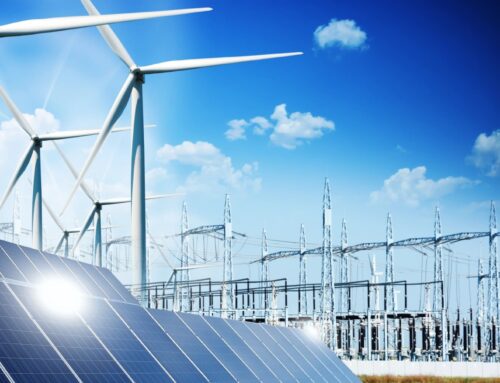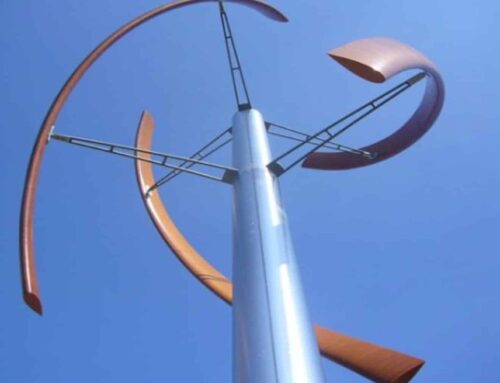Wisconsin residents are running out of time to qualify for solar tax credits
October 24, 2025
Time has nearly run out for Wisconsin residents to take advantage of sunsetting clean energy tax credits.
This summer, President Donald Trump signed the One Big Beautiful Bill Act into law, ending various tax credits a decade ahead of schedule. The credits could be used to buy electric vehicles and to install solar panels on homes.
The EV tax credit expired last month. Residential solar tax credits are still available until the end of the year. But Kathy Kuntz, director of Dane County’s Office of Energy and Climate Change, told WPR’s “Wisconsin Today” that it’s unlikely people will be able to qualify for the credits in time unless they’ve already started the process.
This field is for validation purposes and should be left unchanged.
“There’s a difference between buying a car and getting solar on your roof,” she said. “You can go to a dealership and buy a car in a couple of hours. It takes more planning to have all of the pieces in place, the permits and everything, to install solar on your house.”
“If people haven’t started yet, it’s probably not realistic for them to take advantage of the solar tax credits at this point,” she added. “If an installer is telling you ‘no problem’ and that they can get this done by the end of the year, you need to be a smart consumer and ask a lot of questions.”
Kuntz said most solar companies her office talks with are saying they’re booked through the year.
Burke O’Neal is a managing partner for Full Spectrum Solar, a solar installation company based in Madison. He told “Wisconsin Today” that the cancellation of the solar energy tax credits is hurting his business.
“It’s certainly been a bit challenging to change course,” O’Neal said. “We were expecting the residential and commercial tax credits through 2032. We were planning additional vehicle and tool purchases and adding electrical and roof installation crews, and we’re still planning to grow but it’s going to be at a slower pace than we expected.”
O’Neal said his company is offering a 5 percent discount to people if they schedule solar installations next year instead of this year to “keep the momentum going.”
Even without solar tax credits, Kuntz said there’s still an economic incentive for installing solar panels. She said the cost of installing solar panels has dropped by 90 percent since the early 2000s. She also said it’s a similar case with EVs becoming more cost-competitive with gas-powered cars.
O’Neal is trying to stay optimistic. He said energy costs for residential homes are up 35 percent in the last four years but solar installation costs remain stable. And as massive data centers around the country continue to drive up the demand and cost for electricity, O’Neal expects solar installations will remain popular.
“Maybe we’re a lot more resilient than we first felt when we learned about these (tax credit) changes,” he said.
Search
RECENT PRESS RELEASES
Related Post



